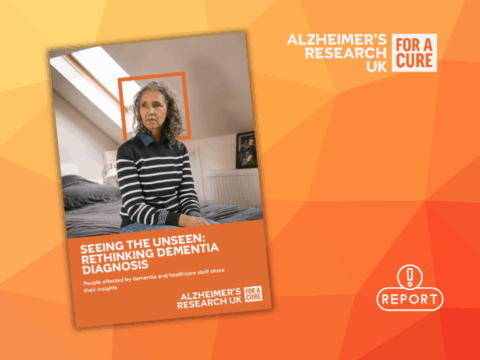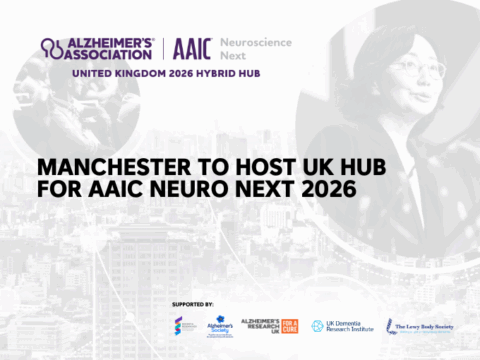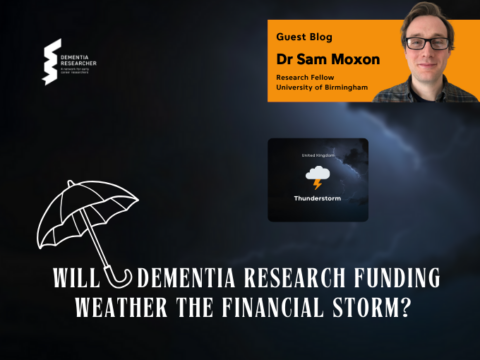 Wave 2 of the Dementia Attitudes Monitor from Alzheimer’s Research UK, gives detailed insight into the UK’s attitudes towards and understanding of dementia, building on findings from Wave 1 in 2018.
Wave 2 of the Dementia Attitudes Monitor from Alzheimer’s Research UK, gives detailed insight into the UK’s attitudes towards and understanding of dementia, building on findings from Wave 1 in 2018.
It’s based on telephone interviews conducted with a nationally representative sample of 2,259 adults in the United Kingdom aged 18+ between 18 June and 19 July 2021.
Set against the backdrop of over half a million people across the UK taking part in research into the effects of, and treatment for, COVID-19 and the publicity surrounding this research, the Monitor found that the majority (69%) of UK adults would now consider getting involved in medical research for dementia. This represents a marked increase since Wave 1 (50%). 17% say they would not be willing to participate and 13% are unsure – both down from 20% and 28% respectively in 2018. By age, the Monitor shows that willingness to get involved in research is highest among those aged 25 – 34 (75%) and lowest among those aged 65+ (57%), where there is arguably the most to learn about the condition.
Hilary Evans, Chief Executive of Alzheimer’s Research UK introduced the report:

By shining a light on the UK’s attitudes towards dementia, the findings from Wave 1 of the Dementia Attitudes Monitor (2018) have been invaluable in informing activity across Alzheimer’s Research UK and beyond – from designing awareness campaigns to keeping dementia research on the political agenda. Since Wave 1, the COVID-19 pandemic has had a profound effect on the lives of millions of people in the UK and across the globe. It has challenged the way we think about our health and thrust medical research into public consciousness like never before. This means now is an opportune moment to pause and re-evaluate, ensuring the decisions we make continue to reflect the UK’s knowledge and ambitions for dementia research in the post-pandemic world.
For Wave 2 of the Monitor in 2021, the pandemic necessitated a change in methodology, with research moving from face-to-face interviews in participants’ homes to telephone interviews. This meant adapting some questions, while also adding new ones to reflect the current dementia research landscape. Every effort was taken to ensure consistency – for example, using an interviewer-based approach rather than self-completion, so the findings from Wave 1 and Wave 2 of the Monitor remain comparable over time.
As we look to the future, I’m buoyed by Wave 2 findings showing that most people in the UK share our confidence that one day, the diseases that cause dementia will be cured, as well as a marked increase in willingness to take part in medical research studies that will help us achieve this vision. Though in other areas, including understanding of our ability to influence our dementia risk and the different risk factors for the condition, there is still work to do.
Crucially, the Monitor helps us to unravel the links between different perceptions and attitudes. We know that those who have greatest understanding of dementia are more open to understanding their own risk and more willing to participate in medical research – underlining the importance of public awareness campaigns rom charities and government as a driver of behaviour.
This Summary Report provides an overview of what the UK thinks and feels about dementia in 2021, highlighting both barriers to progress and the opportunities we must seize as we work to recapture momentum towards a world free from the fear, harm and heartbreak of dementia. For an even more comprehensive analysis, including a closer look at how factors such as age and ethnicity affect attitudes towards dementia, please visit www.dementiastatistics.org/attitudes

 Print This Post
Print This Post




